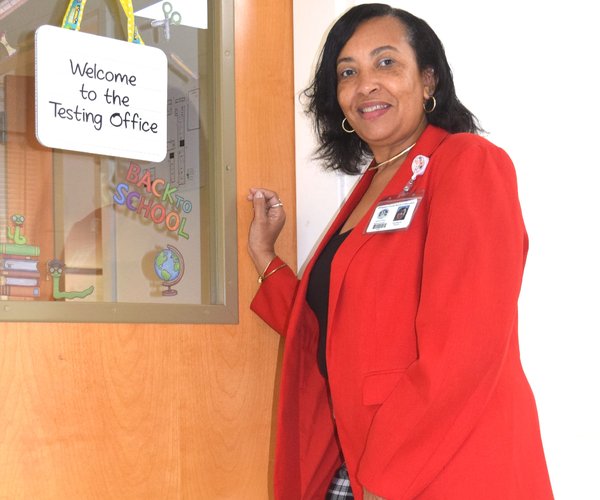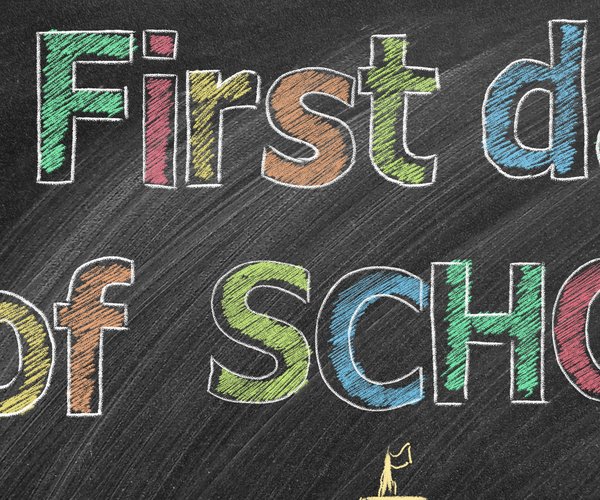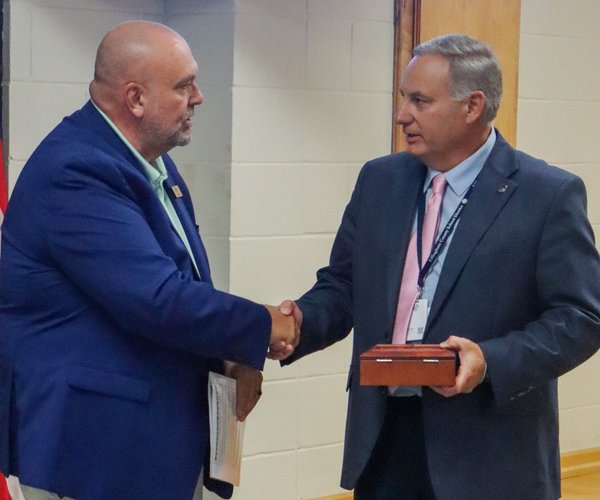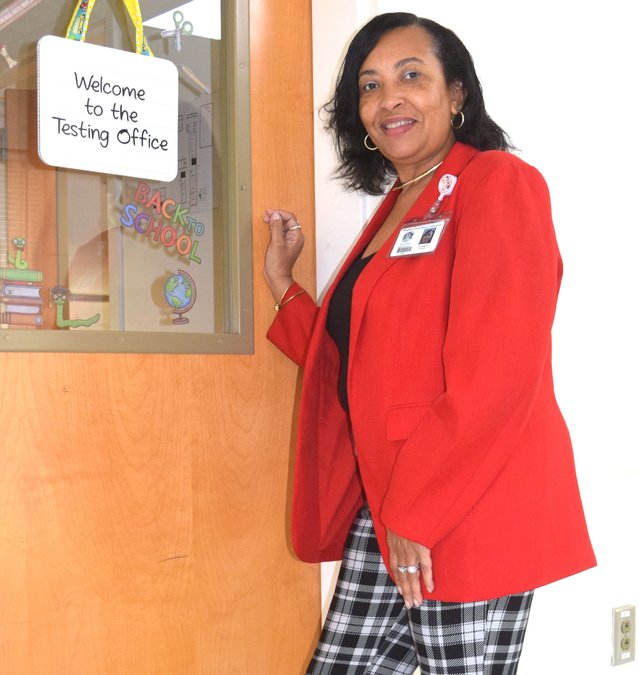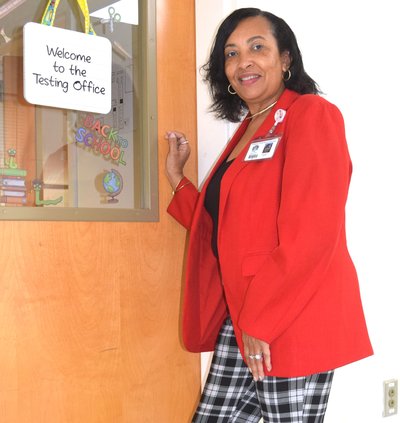As long as the car had four wheels, a healthy stereo and could carry me from Point A to Point B, I was a satisfied teenager. I lived for that 7:57 a.m. arrival in my Ford. No matter what temperature, the air would carry my blaring tunes out my rolled down windows into the sleepy, high school parking lot. The high point of my day was over the moment I pulled into my spot, ran into class and began classes.
While I was a motivated, curious, college-bound student, I still was the typical high school student: romantic, passionately devoted to music and hanging out, thrilled by freedom and independence as represented by whatever four-wheeled piece of metal I parked outside, and ever frustrated with adults who just could not understand me or my passions. I have worked with high school students on and off for the last 14 years so I have seen the lingering similarities. And yet today, high school systems as a whole (and to be fair, not every teacher in public high schools) are still as ignorant and aloof from engaging the teenager, as they were 20 and 50 years ago. Our culture misreads the emotional, hormone driven, appearance obsessed, independent minded nature of a teenager.
Thus, while I rejoice that Effingham County graduation rates and test scores are up, I continue to ache knowing that our county’s teenagers are still jumping through the government hoops, albeit more “focused” government hoops, of a forlorn educational approach. What I mean to say is that while public school methods are more closely tied to their outcomes and their content more aligned with government standards, and local graduation “coaches” have successfully stretched 70.6 percent of Effingham’s 12th graders to be qualified to be graduated, our community is likely to miss the core issue of this “good news.”
Perhaps, the issue is wrapped up within what seems to be a critical component to our local government schools’ improvement: the graduation coach. Grant it, I know absolutely nothing about what a graduation coach does, but the very title of this position bears witness to the fact that the government knows that teenagers want to get out of the system, and on average, teens would rather than not like to be graduated. The coach roles up his or her sleeves, inspects the child’s record of achievement, holds fast to the expectations, and navigates the scholar’s ship through the narrow channel of high school graduation requirements. The success of working seriously with a child and his teachers to accomplish a goal is undeniably and unarguably successful (Though many taxpayers would gasp at the system’s low graduation rate.).
What is happening in this situation is what has been occurring more often in the government schools since the mid-1970’s and which has gained particular steam in the 1990’s. Government schools are being required by law to care about the individual. While Public Law 91-142 (1974) specifically targeted the fair and equal treatment of all students regardless of handicap, the ethos of the law has trickled into every facet of schooling, from ramps and elevators to I.E.P.’s (individual education plans) to graduation coaches. Here is the rub: while the individuals who work with the students are caring for the students, they are constantly being hit over the head with government accountability. Thus, the entire government system is continuously mired in a motive towards numerical success – or the appearance of success- and government funding. While individual teachers assess each child’s academic progress, the government sees the children as soulless numbers.
Simply, the average teenager enters the classroom instinctively numb. Years ago in seventh grade, he or she has stopped asking, “Why am I here? What is the point of this class? Why do I have to come to school? Who cares anyway?” I do not see an easy answer for our public school system or for any government run system. A government cannot care for souls. Souls have a spirit, intellect, body, passions, dreams and gifts. While the government schools have mature men and women teaching our children (not universally true, of course, given the amount of publicized teacher/student relationships in the last 10 years), these teachers are significantly guarded, (given the legal environment regarding mixture of church and state, teachers must be guarded.), in nurturing the whole child. Yet, a soul demands its own care by the sheer fact that it is human.
When high school students are not understood according to their romantic, idealistic, fervently independent grain, a potential cultural time bomb is produced. Simply, to ignore the nature of the child is to nurture negative results. Thus, the core issue of all education is essentially a question of nature. While all schools continue to provide nurture (teaching methods and curricular choices) in which schools aim to control and predict outcomes (standardized testing and statistical measurement oriented accountability), the fundamental flaw for the government education system is one of nature.
The longer our community overlooks the nature of humans as soulful creatures, as men and women of spirit, intellect, psychosomatic unity, gifts, religious affections, etc., and the longer our community yields the education of our children to a government run school system which must by its own admission guard against the full nourishment of a soul, the longer we, as a community, will continue to see poor results with regard to the quality of our graduates. As I roll down my window to invite the cool air into my car, I let out a sigh. Our culture continues to test what we as followers of Christ do not ultimately value. Our community takes stock in AYP government accountability standards because they boost our property values and attract more businesses and real estate buyers, but are the standards and goals of the government’s nurturing worthy of a being created in the image of God (nature)? Will we take heart, sacrifice dollars and cents, stadiums, vast bells and whistles, and graduation coaches, and pursue high school education which rightly nurtures the soul?
The reality of this stark difference of educating souls is now upon us. As ECS prayerfully plods its way into 9th grade in 2008-09, we as a school, church, and community are recovering the essential difference between what we think and what the world thinks: Education is fundamentally a religious activity. Daniel Webster, the great American statesman once said, “In what age, by what sect, where when, by whom, has religious truth been excluded from the education of youth? Nowhere. Never! Everywhere, and at all times, it has been regarded as essential. It is of the essence, the vitality of useful instruction.” Education is the nurture of a soul; it is time we recast the vision for what we value in the education of our children.


